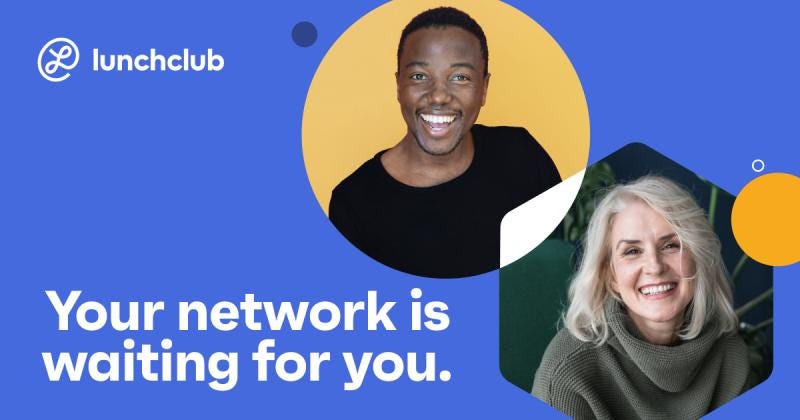Connection Is Cognition: The Social Brain Advantage in Leadership
Strengthen mental clarity, creativity, and decision-making through meaningful relationships.
In this issue:
How social engagement enhances neuroplasticity.
The brain science behind collaboration and cognitive agility.
Practices to build high-trust, brain-boosting leadership cultures.
Welcome to this week’s edition of Applied Neurogenesis! In a world obsessed with individual productivity and digital communication, the role of human interaction in brain health is often underestimated. But emerging neuroscience shows that social connection is one of the most powerful drivers of cognitive longevity and executive performance—especially after 50.
In this issue, we’ll explore how meaningful interaction stimulates brain health, strengthens decision-making skills, and protects against cognitive decline.
Why Social Interaction Is Essential for the Executive Brain
1. Activates the Prefrontal Cortex (Decision-Making Center)
Engaging in conversation, collaboration, or conflict resolution stimulates executive functions like focus, inhibition, and strategic thinking.
Quick Tip: Make live conversations part of your daily rhythm—phone calls, in-person meetings, or walking talks—rather than relying only on emails or messages.
2. Enhances Neuroplasticity Through Emotional Engagement
Social interaction taps into empathy, listening, and adaptability, triggering growth in emotional intelligence circuits and building new neural connections.
Quick Tip: Host a monthly discussion group—business-related or not—where you share ideas, debate, and challenge perspectives. This stimulates mental flexibility.
3. Protects Against Cognitive Decline
Studies show that socially engaged adults have a lower risk of dementia, sharper memory retention, and stronger verbal fluency.
Quick Tip: Schedule at least 2 in-person social engagements per week, even casual ones—lunch, coffee, or a professional roundtable—to build a buffer against decline.
4. Improves Stress Regulation and Emotional Control
Supportive interactions reduce cortisol levels and activate the oxytocin system, helping you remain emotionally balanced in high-pressure environments.
Quick Tip: Build “connection micro-breaks” into your day—short moments where you check in with a colleague, mentor, or friend for a meaningful exchange.
5. Strengthens Cognitive Empathy for Better Leadership
The ability to intuitively understand others’ mental and emotional states is essential for leadership—and is trained through direct interaction, not isolation.
Quick Tip: Practice “mentalizing” during conversations—ask yourself, “What is this person feeling, and why?” This sharpens social intuition and executive awareness.
Innovations to Watch
Tools and platforms that support brain-healthy social engagement:
Lunchclub: AI-powered networking for meaningful professional conversations.
Circles: A group discussion platform for leaders to connect on personal and professional growth.
Meetup Pro: A platform to host and join local events for thought leaders, creatives, and executives.
Success Story
This week’s success story is Elaine, a 67-year-old consultant who had been working mostly solo since the pandemic. She noticed a drop in verbal sharpness, slower thinking, and increased isolation fatigue. After committing to weekly mastermind groups, community workshops, and regular mentorship calls, Elaine saw a dramatic resurgence in her clarity, confidence, and creative output.
“The more I connected, the faster my mind started firing again,” she shares.
Community Corner
This week’s top question comes from Ronald:
“Can socializing really improve my thinking, or is it just about feeling less lonely?”
Great question, Ronald! It’s both—but not just emotional. Socializing lights up multiple cognitive regions, including memory, language, attention, and empathy networks. It’s one of the most efficient ways to stimulate whole-brain activity—especially in leadership roles.
What’s your favorite way to stay socially engaged while leading a busy life? Share it with the Over51 community!
Your brain isn’t designed to thrive in isolation. Connection is a cognitive nutrient—fueling sharper decision-making, faster learning, and longer mental lifespan. By staying socially engaged, you’re not just improving your relationships—you’re investing in your brain’s performance and protection.
Want a social interaction habit tracker or curated list of high-impact executive networking formats? Subscribe to Applied Neurogenesis for exclusive tools and resources designed to optimize brain health through connection.
Stay sharp,
Stu Morris




